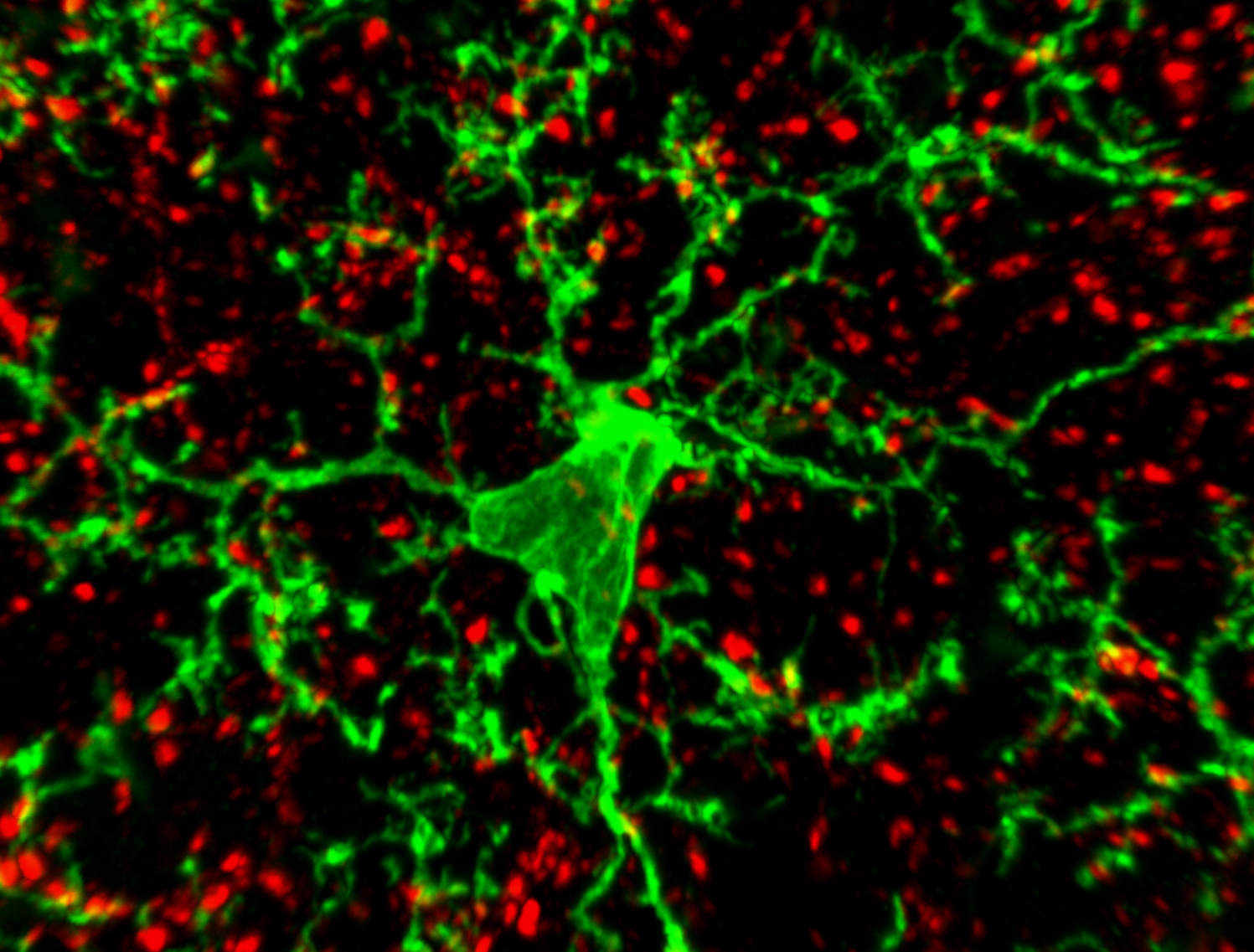Emilia Favuzzi, Yale University
Neuroimmune interactions: Glial and Immune Mechanisms Regulating Brain Wiring and Function
Abstract:
To better understand complex systems, biomedical sciences need to adopt a holistic, multi-organ perspective. Bidirectional neuroimmune communication has emerged as a key mechanism for coordinating organismal physiology in both health and disease, but our understanding of these interactions remains limited. Microglia, the primary immune cells in the brain, play a crucial role in organizing neural circuits by fine-tuning synapses. We identified a subset of microglia responsive to GABA, which selectively remodels inhibitory synapses. Disrupting these specialized microglia results in lasting defects in inhibitory connectivity, leading to behavioral abnormalities without affecting excitatory synapses. Further, we recently discovered that these interactions are regulated by neuronal activity. This newly recognized specificity in neuroimmune interactions within the brain led us to expand our research to the organismal level. Using mouse models of colitis and respiratory allergy, we found that while these conditions do not activate microglia, but trigger dynamic, cell-type-specific neuronal activation and circuit plasticity. These findings highlight the specificity of the interplay between immune signals and neuronal circuits, which may link immune responses to behavioral and physiological outcomes.
Speaker: Emilia Favuzzi, Yale University
Emilia Favuzzi is an Assistant Professor in the Department of Neuroscience at Yale University working on neuroimmune interactions. She discovered that specialized microglia differentially engage with specific synapse types, opening a new avenue in understanding neuroimmune crosstalk. This novel conceptual framework is the foundation of the research in her lab on the immune and glial mechanisms underlying brain wiring and function, with an emphasis on interactions among neuronal and non-neuronal cells and brain-body communication. She is also committed to education and diversity and is involved in several outreach programs (e.g., BP-Endure, COSSDAC, Yale Pathways) that support underrepresented minority students in STEM. Over the years, she was awarded numerous prizes such as the Beddington Medal from the British Society for Developmental Biology, the Krieg Cortical Kudos Scholar Award from the Cajal Club, the Next Generation Leader by the Allen Institute, and the Gruber International Research Award.
Host: Biophysics Graduate Student Association
Seminars start at 4:00 pm, and refreshments will be served at 3:45 pm. All seminars are held in the Conference Room (1116) of the Institute for Physical Science and Technology (IPST) Building (Bldg #085) unless otherwise noted.



